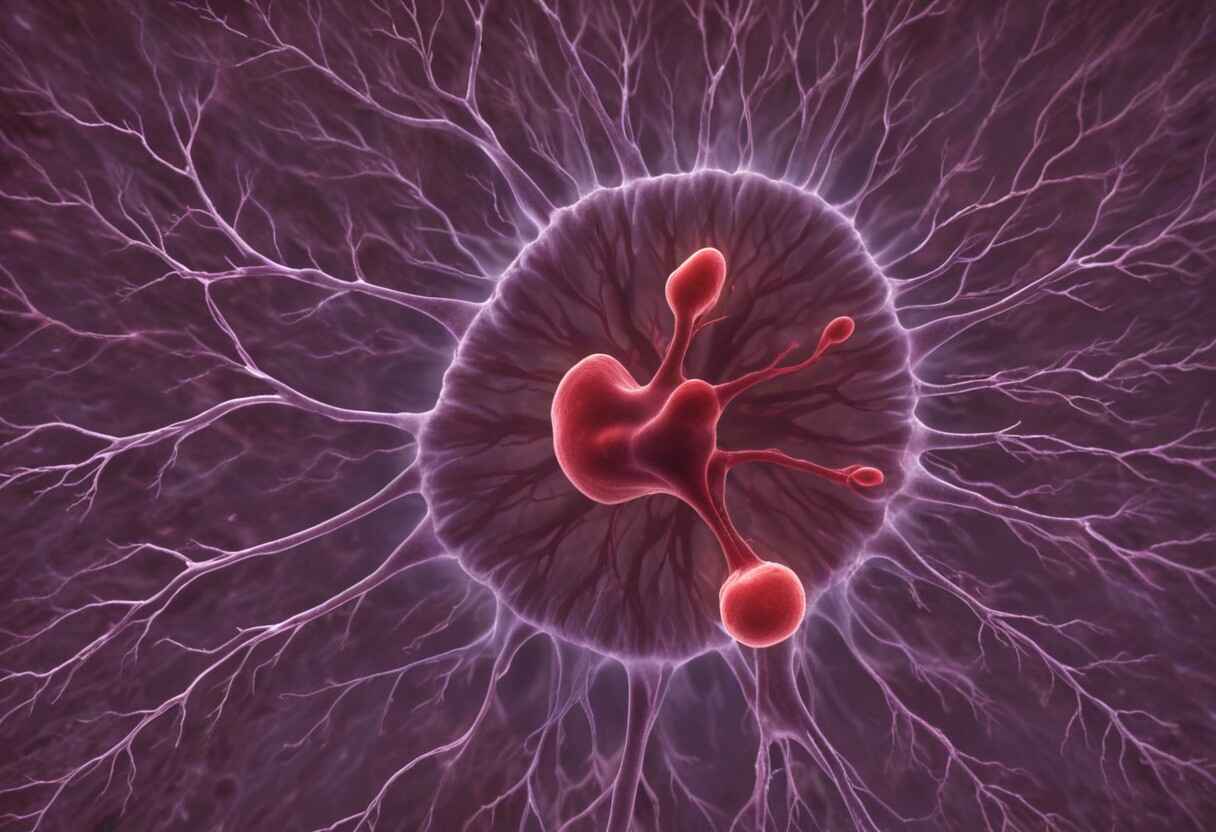Medical coding is a crucial part of healthcare that helps classify and organize diseases, symptoms, and medical procedures. One such code in the ICD-10 system is E87.6, which stands for hypokalemia. This article will explain what hypokalemia is, its causes, symptoms, treatment, and the importance of the ICD-10 code for Hypokalemia (E87.6).
What is Hypokalemia?
Hypokalemia happens when there’s not enough potassium in your blood. Potassium is crucial for muscles, nerves, and balancing fluids in your body. Usually, potassium levels should be between 3.6 and 5.2 millimoles per liter (mmol/L). When it drops below 3.6 mmol/L, it’s called hypokalemia.
Causes of Hypokalemia
Several things can cause hypokalemia:
- Not Eating Enough Potassium: Not eating enough foods like bananas, oranges, spinach, and potatoes can lead to low potassium levels.
- Losing Too Much Potassium: This can happen through the kidneys due to problems like chronic kidney disease, or through the stomach and intestines because of long-term vomiting or diarrhea.
- Medications: Some medicines, like diuretics used for high blood pressure and heart failure, can make the kidneys get rid of more potassium.
- Health Problems: Conditions like Cushing’s syndrome and hyperaldosteronism can cause the body to lose too much potassium.
- Other Reasons: Excessive sweating, low magnesium levels, and some genetic disorders can also lead to hypokalemia.
Symptoms of Hypokalemia
The symptoms of hypokalemia can be mild or severe, depending on how low the potassium levels are. Common symptoms include:
- Muscle weakness and cramps
- Feeling tired and weak
- Constipation
- Abnormal heart rhythms
- Tingling or numbness
- Increased urination
In serious situations, hypokalemia can lead to paralysis, difficulty breathing, and harmful heart rhythms.
ICD-10 Code for Hypokalemia: E87.6
The specific code for hypokalemia in the ICD-10 system is E87.6. This code is part of the “Metabolic disorders” category, which covers various issues related to electrolyte balances and other metabolic problems. The structure of the ICD-10 code is designed to provide detailed information about the condition:
- E: This letter indicates that the condition is part of the endocrine, nutritional, and metabolic diseases group.
- 87: These numbers narrow down the category to “Other disorders of fluid, electrolyte, and acid-base balance.”
- 6: This last digit specifically identifies hypokalemia within this subgroup.
Diagnosis and the ICD-10 Code
To diagnose hypokalemia, doctors measure the potassium levels in your blood with a simple blood test. If you have hypokalemia, it is recorded under the ICD-10 code for Hypokalemia (E87.6).
The ICD-10 code for Hypokalemia (E87.6) is in the “Metabolic disorders” category, which is part of the “Endocrine, nutritional, and metabolic diseases” section. This code helps doctors document the condition accurately, making sure you get the right treatment and helping healthcare professionals communicate effectively.
Treatment of Hypokalemia
Treatment for hypokalemia aims to bring potassium levels back to normal and fix the cause. The main methods include:
- Diet Changes: Eat more foods that have lots of potassium, such as bananas, oranges, avocados, spinach, and sweet potatoes.
- Potassium Supplements: If diet changes aren’t enough, doctors may prescribe potassium supplements to take by mouth.
- Intravenous Potassium: For severe cases or if you can’t take supplements by mouth, potassium may be given through an IV in a hospital.
- Treating the Cause: It’s important to treat any conditions or adjust medications that are causing the low potassium.
Prevention of Hypokalemia
Hypokalemia happens when the level of potassium in your blood drops below 3.5 mmol/L and can cause serious health problems if not treated. It’s important to prevent it, especially if you’re at risk. Here are ways to avoid hypokalemia:
- Stay Hydrated: Drink enough fluids, especially if you’re active or live in a hot place. Sweating a lot can make you lose potassium. Choose drinks with electrolytes if you sweat heavily.
- Limit Alcohol and Caffeine: Both can make you pee more, which may lead to losing potassium. Keep your intake moderate to help keep your potassium levels stable.
- Exercise Wisely: Intense workouts can make you sweat a lot and lose potassium. Make sure to drink enough fluids and eat foods with potassium after exercising.
- Consider Potassium Supplements: Sometimes, your diet may not give you enough potassium, so your doctor might suggest supplements. Always talk to them first to avoid having too much potassium, which can also be dangerous.
- Be Prepared for Emergencies: Know what to do if you or someone else has severe symptoms of hypokalemia. It might need urgent medical help.
Importance of ICD-10 Code E87.6
The ICD-10 code for Hypokalemia (E87.6) is important for:
- Medical records: It ensures that hypokalemia is accurately and consistently documented in patient files.
- Insurance and billing: It helps in processing insurance claims and getting reimbursed for treatments related to hypokalemia.
- Research and data: Healthcare providers and researchers use it to study how common hypokalemia is and how well treatments work.
Challenges in Coding
Even though medical coding is very important, it can be complicated and mistakes can happen. To ensure accurate coding, healthcare professionals need ongoing education and training. Some common challenges are:
- Keep up-to-date with any changes in the coding system.
- Understanding the details of various medical conditions.
- Making sure patient records are documented correctly to match the codes used.
Conclusion
Hypokalemia is a serious medical condition that needs to be diagnosed, treated, and managed correctly. The ICD-10 code for Hypokalemia (E87.6) is crucial for accurately recording and categorizing hypokalemia, which helps healthcare providers communicate effectively and provide the right treatment. Understanding hypokalemia, its causes, symptoms, and treatments, along with the importance of precise coding, helps healthcare professionals improve how they care for patients and achieve better outcomes.
In short, managing hypokalemia depends on accurate coding. The ICD-10 code for Hypokalemia (E87.6) supports clinical treatment and healthcare management, emphasizing how precise medical documentation enhances patient care and advances medical knowledge.
